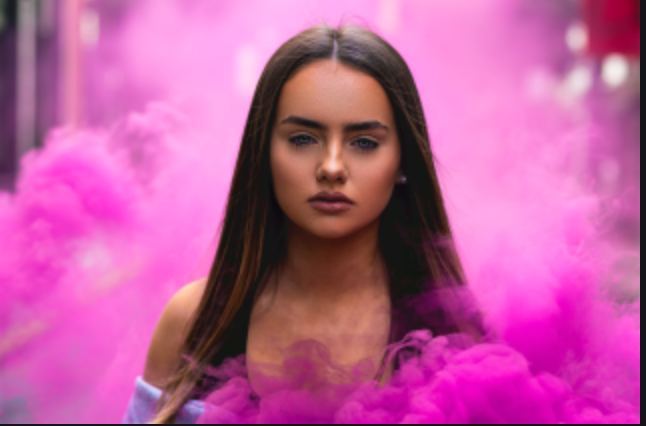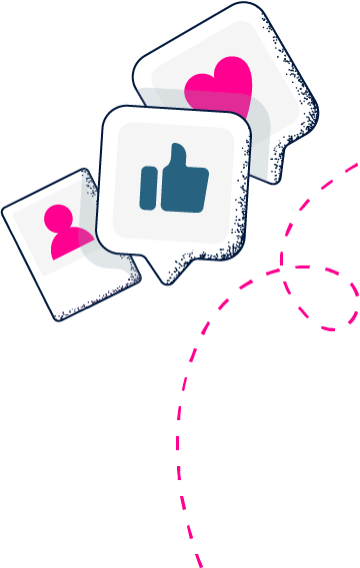Influencer marketing has emerged as a powerful strategy for brands to connect with their target audience and drive meaningful engagement. From Instagram to YouTube, TikTok to Twitter, and LinkedIn to Facebook, social media platforms have become the primary battlegrounds where influencers and marketers collaborate to create captivating campaigns- but which social media platform is best?
Many factors go into discovering which social media platform is best for influencer marketing. So, get ready to explore the thrilling realm of influencer marketing and discover the key to unlocking your brand’s success.
Check out the newest list of top spenders and creators in the Creator Economy here.
Instagram: Visual Stories and Engagement
While the question “Which social media platform is best?” depends on many things, there’s no doubt that Instagram shines as one of the go-to platforms for influencer marketing, thanks to its emphasis on captivating visuals and a massive user base. With over a billion monthly active users, Instagram offers a fertile ground for brands and influencers to create engaging campaigns.
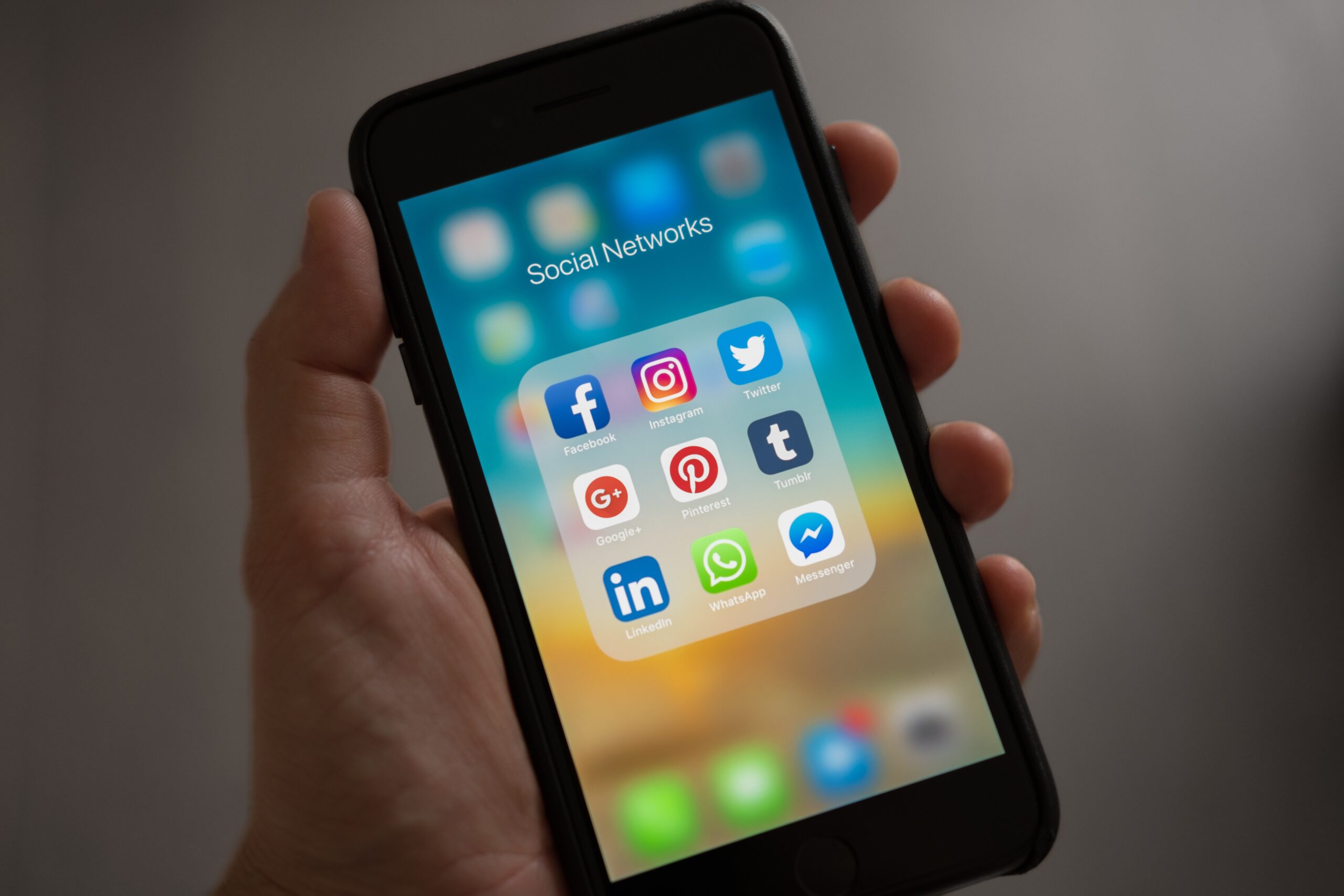
Industries like fashion, beauty, travel, and lifestyle thrive on Instagram’s visually-driven format. Instagram influences purchasing decisions, with 72% of users reporting product purchases inspired by the platform.
Successful influencer campaigns on Instagram, such as Daniel Wellington’s collaboration with fashion influencers, showcase the app’s incredible real-time abilities. These partnerships leverage visually appealing posts, Stories, IGTV, and Reels to captivate audiences and generate brand awareness and conversions.
Marketers aiming for Instagram success should partner with influencers who resonate with their target audience, incorporate authentic storytelling, and utilize the platform’s interactive features for maximum engagement.
Influencer brands take time and a reputation to build. Read more about what makes a viable success here.
YouTube: Long-Form Content and Audience Trust
YouTube excels as an influencer marketing platform, offering long-form video content and building trust with its vast audience. With billions of users across diverse demographics, YouTube provides a unique opportunity for influencers to create in-depth, engaging content. YouTube’s influence is immense, with users spending 40 minutes per session on the platform. Brands can leverage this engagement by partnering with YouTube influencers with established credibility and loyal followings.
YouTube influencer collaborations often feature longer-form content, allowing influencers to delve into product reviews, tutorials, vlogs, and more. By dedicating more time to content creation, influencers build a stronger connection with their audience which can impact their purchasing decisions. About 70% of teenage YouTube subscribers trust influencer opinions over traditional celebrities.
For example, a beauty influencer collaborating with a cosmetic brand can create detailed makeup tutorials and honest product reviews, showcasing the brand’s offerings and generating authenticity. This approach leads to increased brand awareness and conversions.
To succeed in YouTube influencer marketing, marketers should identify influencers who align with their brand values and have a genuine connection with their target audience. Collaborating with YouTube creators who demonstrate expertise, engage with subscribers, and authentically integrate brand messaging can yield significant results.
Looking to run an epic influencer marketing campaign on the right platform? NeoReach has the best experience creating viral campaigns that convert on social media. Sign up here!
TikTok: Bite-sized Entertainment and Viral Reach
If you’re wondering which social media platform is best for going viral fast, this is the place to be. TikTok has revolutionized influencer marketing with its precise algorithm tailored to each user’s unique taste. Boasting over 1 billion active users worldwide and high engagement rates, TikTok offers a massive audience for influencers. Creative and authentic content, fueled by features like music overlays and filters, can quickly generate buzz and amass followers.
With 62% of users discovering new products on TikTok, it’s a powerful platform for brand promotion. Partnering with TikTok influencers who understand the platform’s culture is key for impactful campaigns. TikTok’s bite-sized entertainment and viral reach make it an enticing platform for influencer marketing. Next, we’ll explore Facebook’s broad reach and targeted advertising capabilities.
Not sure whether to use TikTok or Instagram for your influencer marketing campaign? Check out this blog for more insight.
Facebook: Broad Reach and Targeted Advertising
Facebook remains dominant in influencer marketing thanks to its extensive reach and powerful targeted advertising capabilities. With over 2.9 billion monthly active users, Facebook provides access to a diverse audience, making it an attractive platform for brands seeking widespread visibility. Its advanced advertising tools allow marketers to precisely target specific demographics, interests, and behaviors, maximizing campaign effectiveness.
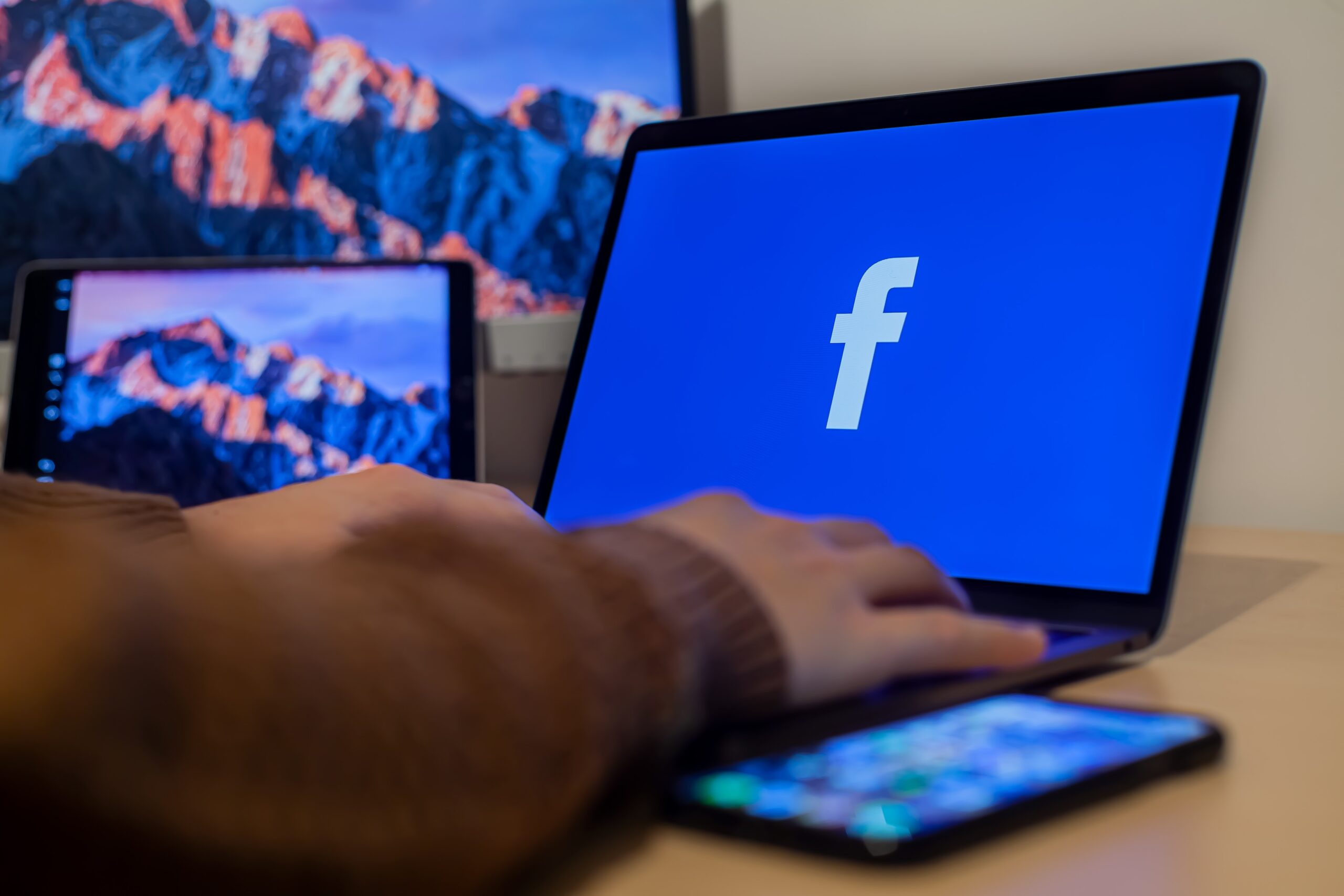
The integration of Facebook with Instagram even further enhances the reach of influencer campaigns. By partnering with influencers and leveraging Facebook’s broad reach and targeted advertising, brands can effectively promote their products or services, driving website traffic and conversions.
LinkedIn: The Underestimated B2B Powerhouse
Most people overlook this platform when searching for which social media platform is best. LinkedIn holds significant potential for B2B engagement and professional networking. With over 740 million professionals on the platform, LinkedIn offers a unique opportunity for influencers to establish thought leadership and engage with a targeted audience.
LinkedIn has introduced powerful tools to enhance the influencer marketing experience. LinkedIn Live enables influencers to host real-time webinars and Q&A sessions, fostering authentic connections. LinkedIn Stories allows influencers to share ephemeral content, providing personal and interactive experiences. LinkedIn Events enables influencers to create and promote virtual or in-person events, expanding their reach within the professional community.
By partnering with influencers who embrace these tools and create valuable content, brands can tap into LinkedIn’s vast professional audience and drive business opportunities. Recognizing LinkedIn’s untapped potential as a B2B powerhouse is crucial for marketers aiming to expand brand influence.
Twitter: Real-Time Conversations and Viral Engagement
Twitter is a powerhouse for real-time conversations and viral engagement, making it a vital platform for influencer marketing. With its fast-paced nature and limited character posts, influencers can quickly share thoughts and content with a broad audience.
Likewise, Twitter’s strength lies in facilitating instant conversations and capitalizing on trending topics. Influencers can actively engage in industry discussions and provide immediate reactions, leveraging hashtags to amplify their reach. In addition, Twitter’s viral potential is unmatched. A single tweet, resonating with the audience, can quickly gain retweets and likes, spreading rapidly across the platform.
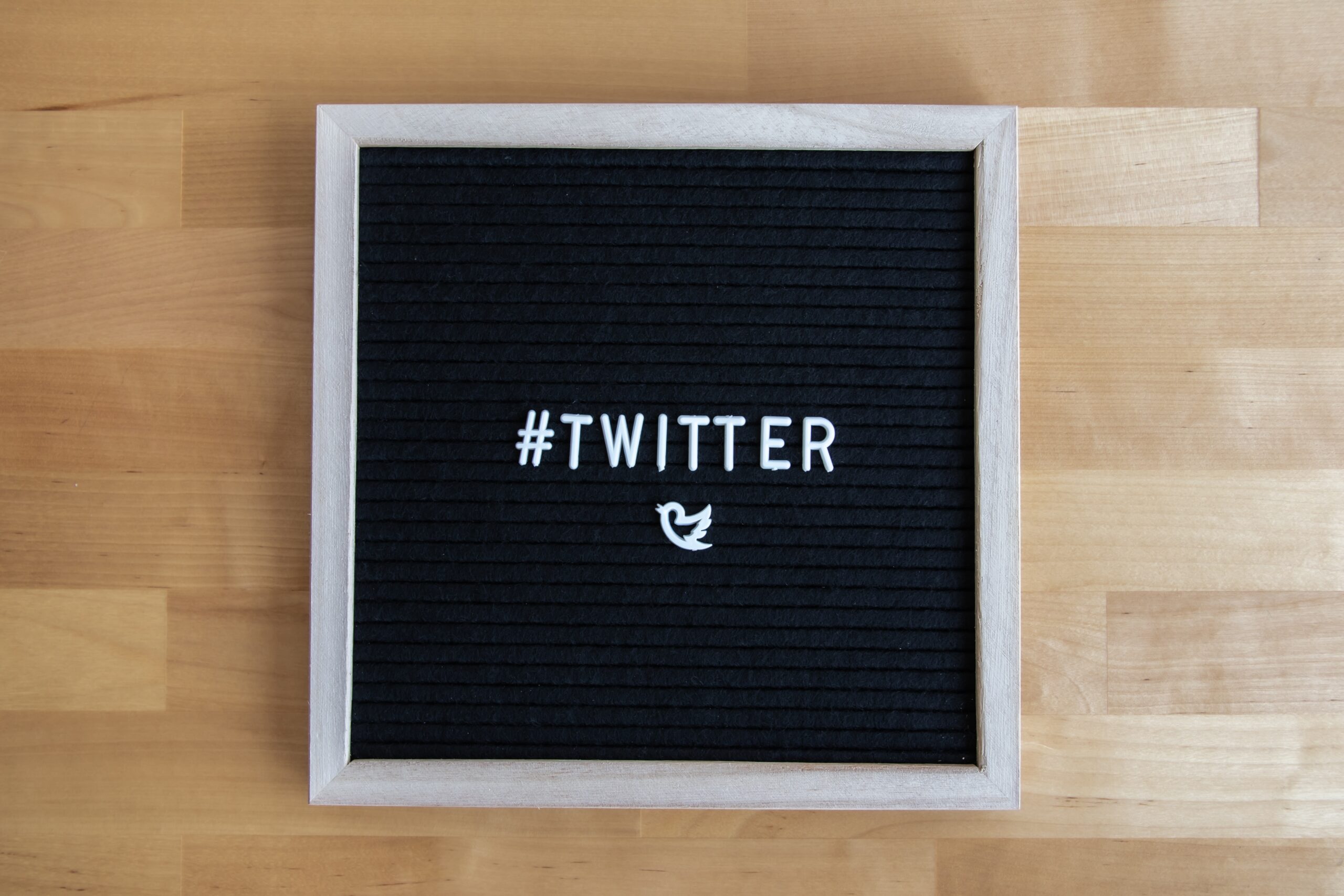
A successful case study example might involve a fashion brand collaborating with influential fashion bloggers on Twitter. By showcasing collections, sharing outfit inspirations, and joining fashion-related conversations, influencers drive engagement and generate buzz, influencing consumer behavior. To excel in Twitter influencer marketing, identify engaging influencers who understand the platform’s dynamics, create compelling content, and actively engage with their audience.
What are Twitter super follows, and what do they mean for the creator economy? Learn more about super followers here.
Takeaways
Influencer marketing thrives on various social media platforms, each offering unique advantages. So the answer to “Which social media platform is best for influencer marketing?” is based on what you want to do. Instagram’s visual appeal, YouTube’s trust-building long-form content, TikTok’s bite-sized entertainment, Facebook’s broad reach and targeted advertising, LinkedIn’s B2B potential, and Twitter’s real-time conversations all play a role.
Choosing the right platform and collaborating with influential voices can help brands connect, engage, and drive desired outcomes in the ever-evolving landscape of influencer marketing.






